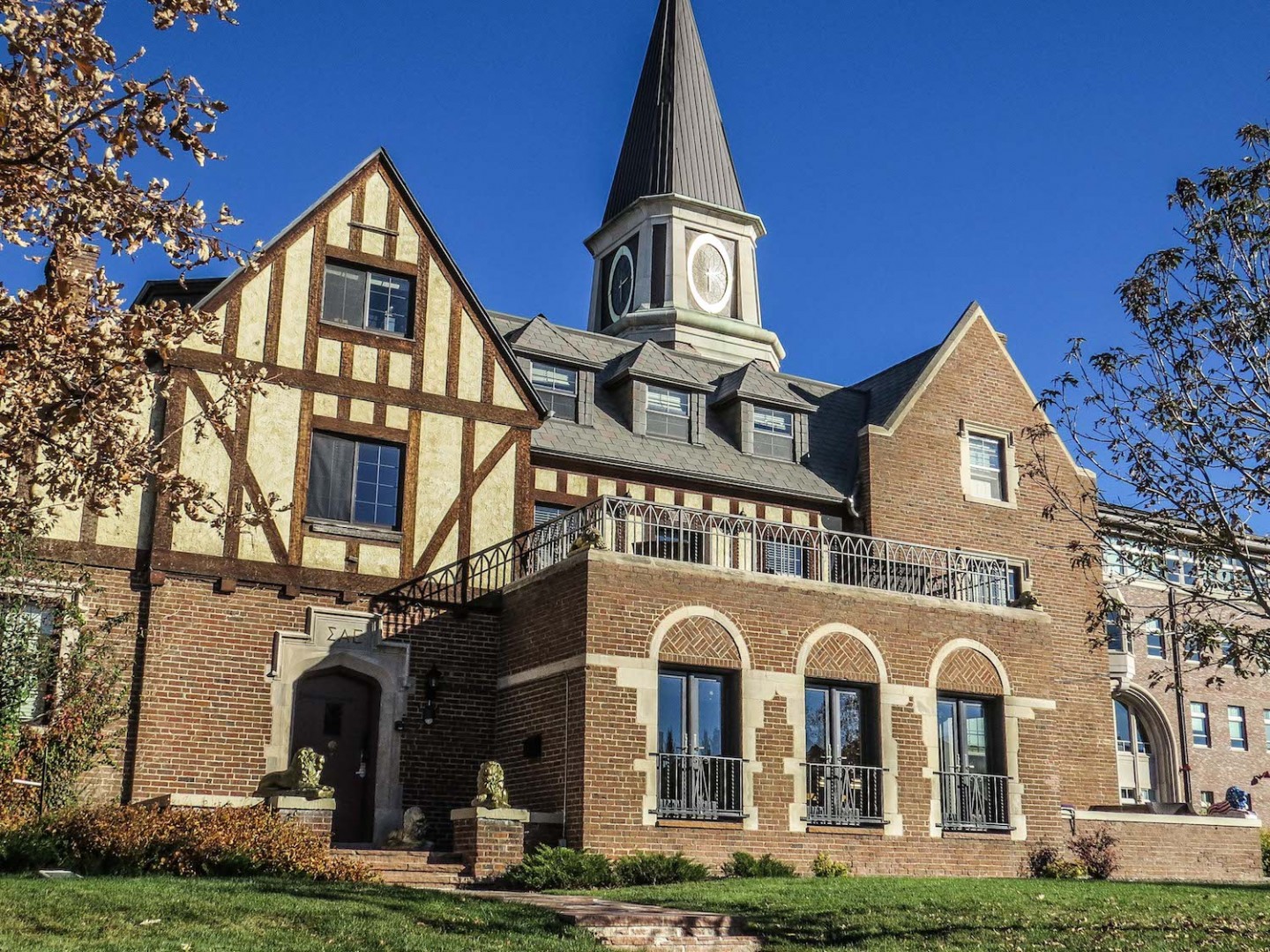At the start of winter quarter, the Colorado Zeta chapter of Sigma Alpha Epsilon (SAE) on campus was suspended due to misconduct by individuals and the chapter as a whole. Administration officials Megan Pendley Pickett, Carl Johnson and Lauren Utley confirmed these violations occurred over the past five years, and both SAE’s national organization and DU made the determination to suspend our campus’ chapter. With SAE able to apply for re-colonization in fall quarter of 2017, the question of whether or not mistakes from the past will be repeated will remain unanswered. Suspension does not address or resolve problems within fraternities, therefore DU must create a rapid system to stop problems before they turn into trends.
DU must seek to change the culture within troubled fraternities instead of standing by as they crash and burn. Therefore, DU must be more vigilant and aggressive in monitoring and rehabilitating fraternities who have multiple conduct violations. Although suspending the fraternity instantly eliminates the problems posed by our SAE chapter, it does not ensure problems from their past will not occur in the future.
Although DU and/or each organization’s national executive board currently puts fraternities on probation for violations of the honor code, this process is more of a slap on the wrist rather than impacting meaningful change. Rather than jumping from an ineffective probation process to suspending a fraternity and hoping problems dissolve over time, DU should assign administration officials to more closely monitor the fraternity’s actions and work with the fraternity’s executive board and leadership to develop a plan to rehabilitate the fraternity.
This must involve DU officials conducting weekly meetings with the executive board of the fraternity in order to implement solutions to resolve any problems and approve all of the fraternity’s activities. DU needs to enable the executive board to be self-enforcing, ensuring all members abide by the University’s rules and regulations. Students and administration officials must work together to ensure every fraternity member understands DU’s Code of Conduct and administration officials should randomly inspect fraternity activities to ensure the standard is upheld. It is critical that DU administration officials continue to work with a fraternity’s leadership and monitor their activities until they believe the culture has changed within the fraternity.
Dean of Students Corey Farris at West Virginia University used this approach and instead of suspending fraternities, he decided to work with them to modify their codes of conduct in order to remedy problems, rather than sitting by until their offenses became too intolerable.
Implementing a suspension after standing idly by over five years as a fraternity continuously violated the honor code does nothing to solve problems within fraternities. It is up to DU to take a more active approach in monitoring fraternities and be quick in addressing problems that arise within DU Fraternity and Sorority Life.











